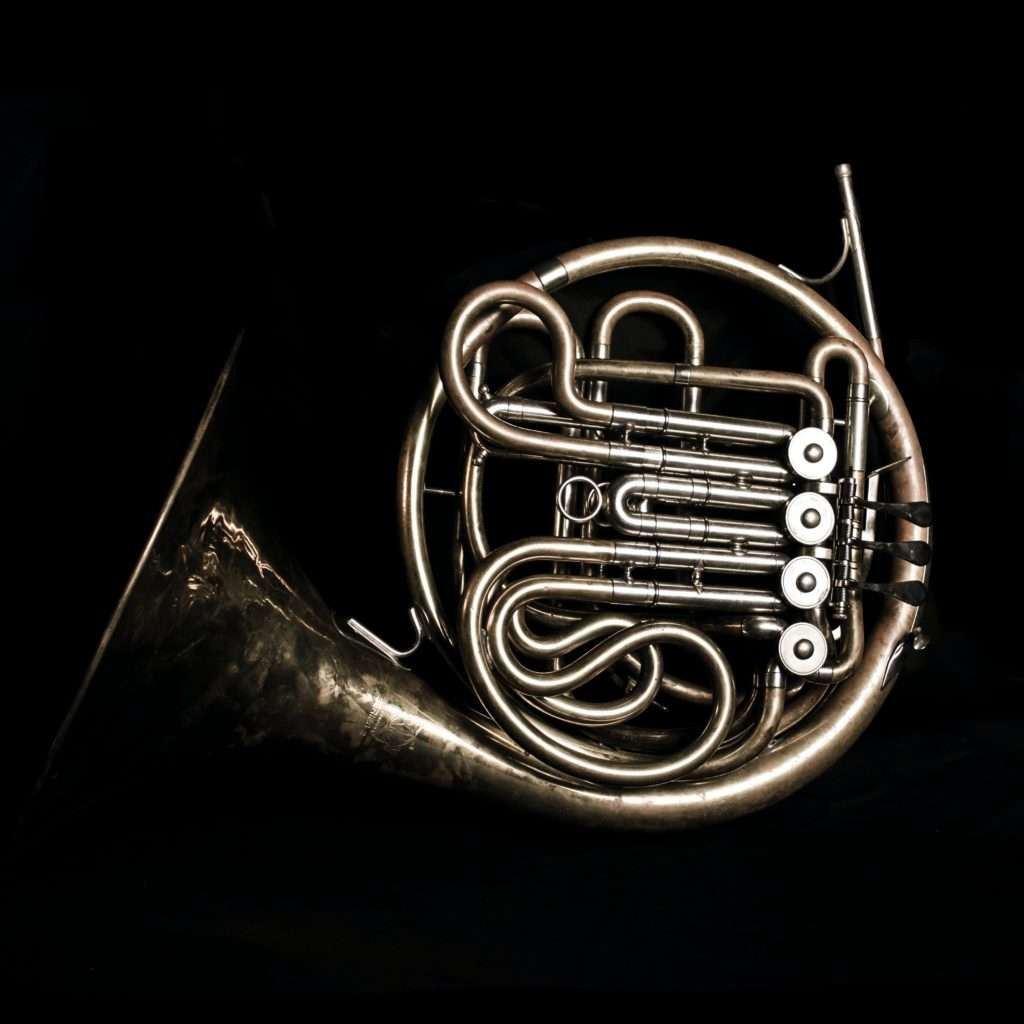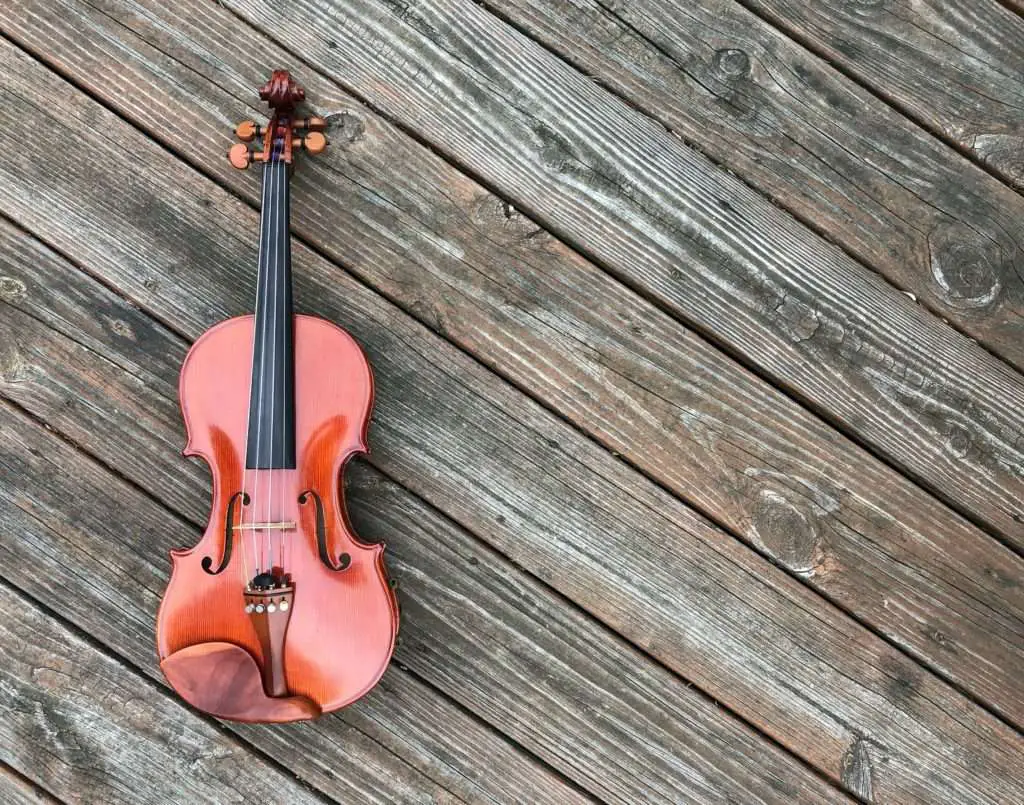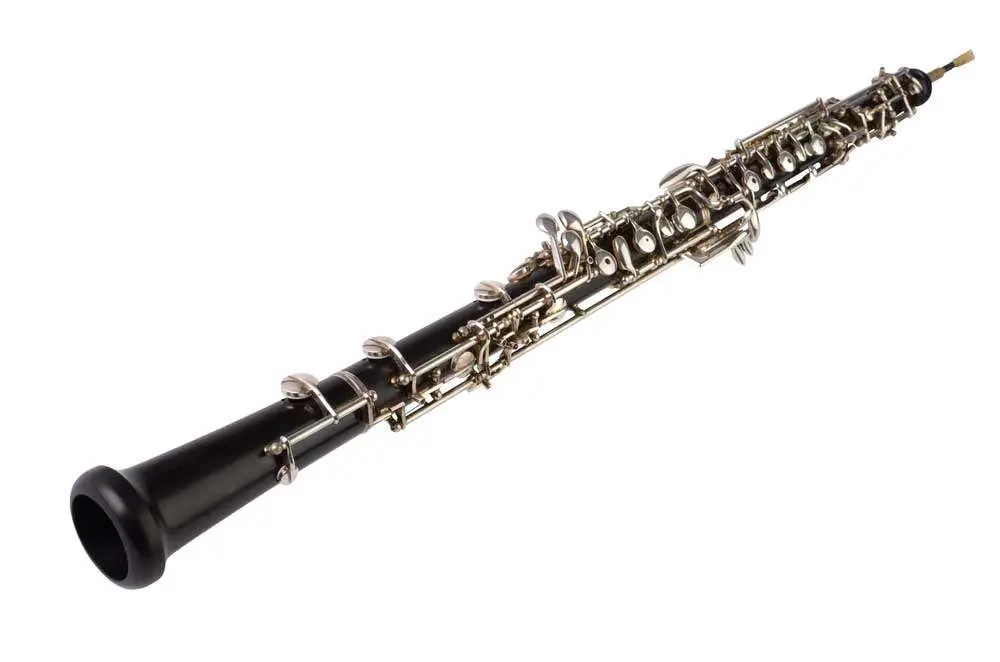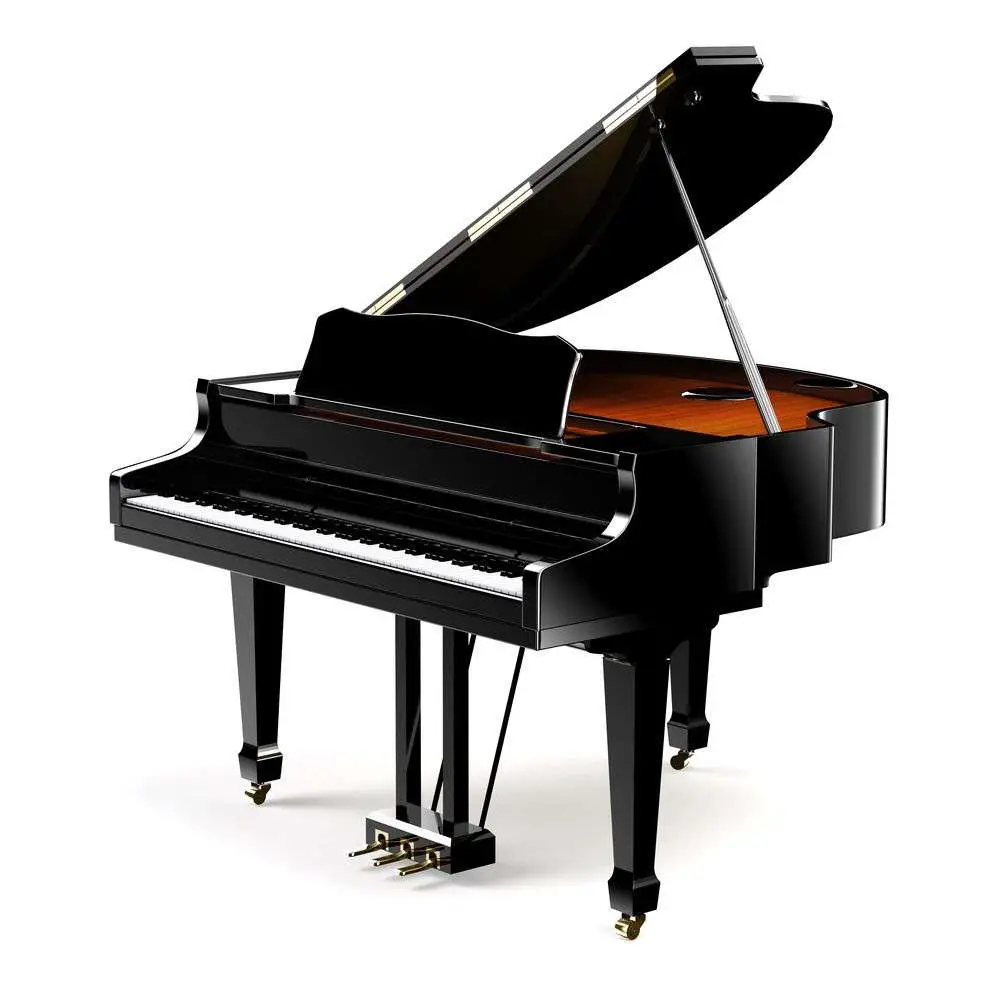When looking to learn how to play an instrument, having some background about it is very fundamental to one’s success.
One of the most common arguments that has been around for decades and continues to go on is about which instrument is typically the hardest to learn.
The problem with this argument is that each instrument is basically unique in it’s own right and is composed and surrounded by it’s own unique characteristics.
Therefore having some sort of experience puts you in a position to have a clear view of the instrument landscape and figure out which one exactly may be the most difficult or hardest to learn.
I’ve been in the music production business for over a decade and during my years if trial and error, I had a chance to become a multi-instrumentalist. This is no easy thing to accomplish and took a lot of my time and even more hard-work.
Using my own understanding of various instruments and experiences with them. I decided to basically write this article to the best of my ability giving my own opinion about which instrument is the hardest to play using my own experience as the fundamental perspective crucial to this discussion.
Let’s look at some of the hardest instruments to play.
French Horn

Most musicians will agree with me that the french horn is the most difficult instrument to play.
Playing an instrument proficiently is based on its characteristics and each instrument comes with it’s own challenges. The french horn’s acoustic properties greatly distinguish it form its fellow orchestra members.
Most modern double french horns are a combination of two horns (F, Bb) that basically share a common mouth pipe and bell. Therefore utilizing the four horns valves and all other combinations of those valves, the person is able to play and produce notes of the chromatic scale.
One of the reasons that make this instrument hard to play is because horn players must be able to play at-least ten different notes using each valve combination.
This requires heavy training of the lip muscles and tongue position, because the horn mouthpiece is pretty small and deep therefore requiring good muscle control and embouchure development.
The mouthpiece is long and slender which creates more resistance for a player to overcome.
Another reason why this instrument is difficult to play is for the fact that it is quite difficult to hold, it is pretty much large and has awkward round shape. This makes it harder to hold and play for a very long time.
With this said, it is easy to deduce that the french horn is one instrument of the brass family that is pretty much difficult to control.
Violin

Anybody that has had any sort of experience with bowed notes will simply tell you that they are pretty difficult instruments to play.
One of the challenges that I faced when learning this instrument is playing in tune or innotation. This skill while being the most crucial is also one of the most difficult to master.
It took me years to actually be able to play in tune and this was accompanied by heavy practice, constant ear training and deep active listening to perceive and identify sounds clearly.
You can definitely learn this instrument if you put practice at the forefront and work to improve your muscle and nerve memory. One of the practice challenges that came to be a problem for me was recording myself playing, then coming back a few hours to listen to the recording and finding out that the innotation was completely off.
The second reason why the violin is difficult to play is because of its fretless design. Frets are what guide your fingers on the notes that you wish to play. Violins don’t have frets and this makes them create sounds outside the scale norm of traditional western music.
This makes it very sensitive to note changes due to even the slightest difference of your finger tips.
To help students learn and adapt to the notes quicker, teachers usually place Tapes on the finger board. This technique was pretty helpful for me because it’s easier to remember the position of the notes.
The third thing that makes a violin pretty difficult to learn is because it requires spread out attention because the instrument and the bow has to be held the right way in order to correctly produce a tone.
Playing in an orchestra would even make it more difficult because you’d have to pay attention to what others are playing for the whole orchestration to play in unison.
With this said we also have to bring up the bow which is difficult to master and involves a whole lot of training.
It greatly affects the tone of your violin.
Oboe

Third on this list of instruments that are difficult to play and learn has to be the oboe.
The fact is, the sound oboe produces is greatly dependent on its body and over the years it has undergone major changes. These changes have been an effort to simplify the technical challenges of the oboe which are greatly affected by the cylindrical bore which is relied on to produce sound with a good timbre.
One of the difficult things about the oboe is that it isn’t in perfect tune, which requires the player to make up for this with embouchure or by using cross or alternate fingerings.
Incase you’re wondering embouchure simply means the way in which a player applies their mouth to the mouth piece of the instrument.
Now that you’re caught up, lets get more into the oboe.
Having put a lot of practice into learning the oboe, one thing I can say is that it is a pretty heavy instrument with dense wood.
Plus both key systems usually require the player to lower a finger to move up in pitch or raise a finger to descend a step in pitch. This is an unusual way of moving through scales which can be pretty difficult for newbies to grasp.
This counter-intuitive way of moving through scales is very different from the way one would approach an instrument like a flute because one could easily assume that putting fingers down covers more holes and therefore creates lower sounds.
Furthermore, articulation and dynamics on the oboe are limited and require both time and effort on your part. Good articulation on the oboe requires the tongue to be arched and lifted to around about the center of the oral fissure.
This requires strength and control of the tongue, which most newer players will most certainly struggle with.
Reeds are also a major issue when it comes to playing the oboe because it is the source of the tone of this instrument. Playing on a tiny or bad reed is really inconvenient which is why most players make sure to have reeds for rehearsal and concerts.
Piano

Upon first impressions the piano can seem like a very easy instrument to learn. This is certainly not always the case.
Therefore coming in at number on this list has to be this instrument.
With the piano you’ll atleast alleviate the struggle of having difficulty to produce a sound because you simply press a key and you have a sound.
The piano can be a pretty difficult instrument to master due to the hand coordination that you have you to learn. Which means playing proficiently may take years. Furthermore, playing piano requires a certain ability to read music which is cardinal if the whole process is to work out.
Your hands getting used to playing the piano will take some consistent effort on your part because it is not as simple as it may look when the pros play.
Furthermore, the piano has over 88 keys that one has to master combined with various combinations that go into chord formation and the like.
One other thing worth mentioning here is the sustain pedal which requires coordination on the players part because it has to be pushed at certain instances to do what you want it to do and to basically control the sound.
Plus, you’ll be bombarded with learning and figuring out just how dynamics work on the piano. Which requires a great deal of getting used to because a piano is a hammer and string instrument and the dynamics rely on how much pressure you exert on a particular key or note.
Drums
Drums definitely have to make it on this list of the most difficult instruments to learn and play.
First off, you have to get used to playing with the Metronome which is no easy task at all. The metronome helps keep everything in time to ensure that other instruments seep and blend in well.
Therefore limb coordination with time is something that has to be heavily worked on.
Secondly, playing drums is no easy task because it requires you to keep track of a lot of moving parts. The snares, hats, cymbals etc. all form the drums and they have to be used in a timely fashion. This requires a lot of getting used to.
The last thing that really is of importance has to deal with endurance.
Playing drums requires physical strength because your limbs have to be in constant motion. This is no easy task to get used to.
For example, if you have to play for a band all night, it means your limbs will be engaged the whole time which can be quite straining and stressful on the body.
Final Thoughts
This post was meant to discuss instruments that are difficult to learn and play. With all the information I’ve gone into, you can easily tell that the french horn is one of the most difficult instruments to play and learn.
However, some dedication and desire to learn can help you in your journey with any instrument.
Happy playing!